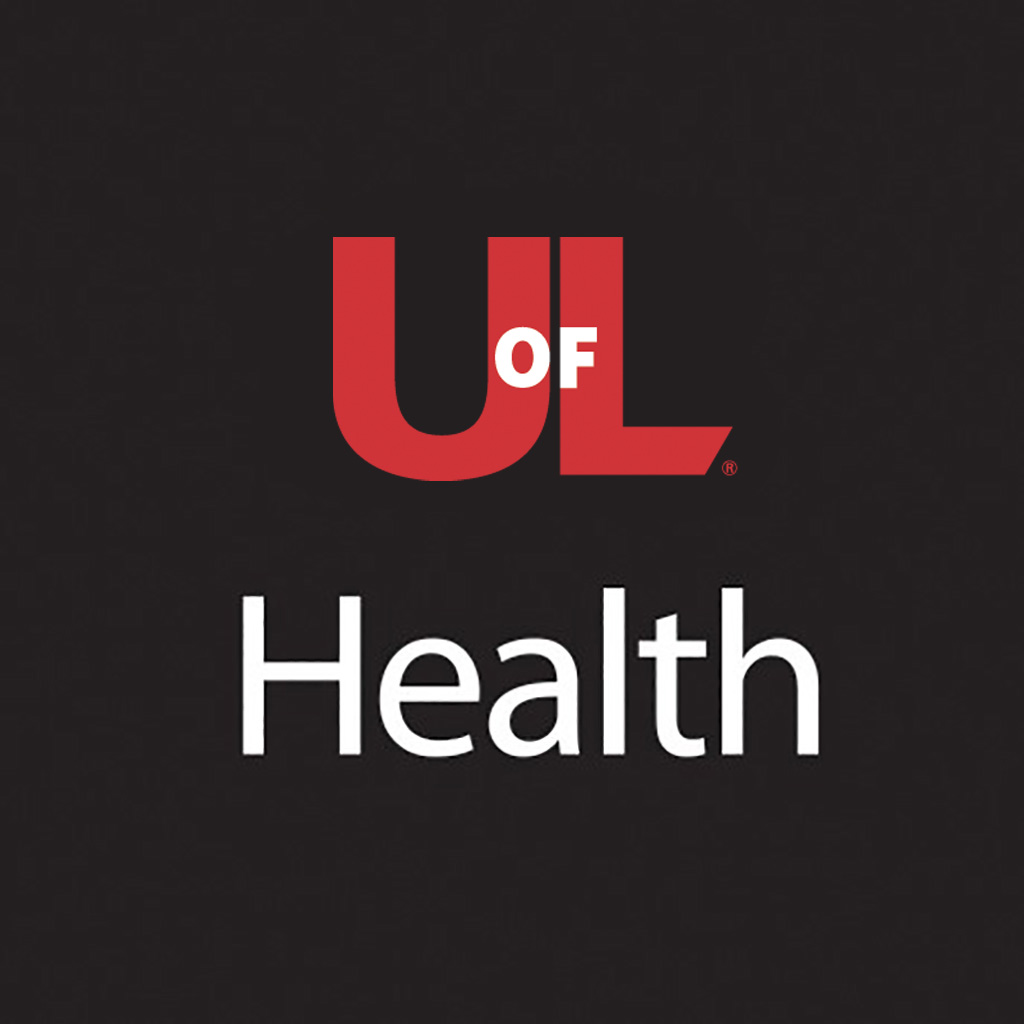
Last January, we communicated support to our UofL Health community for COVID-19 vaccinations for pregnant and lactating people. In the months since then, so much has been learned about both the safety of the COVID-19 vaccine in pregnancy and the risks of COVID-19 infection in pregnancy that we wanted to revisit the issue to answer some questions, which were not answerable a year ago.
Is it more dangerous to get COVID-19 when I am pregnant than when I am not pregnant?
Yes! Pregnant patients with COVID-19 infection are at increased risk for developing severe disease. This means that if you contract COVID-19, you are at increased risk of hospitalization, ICU admission, intubation and death. These risks are even more increased for pregnant patients with other conditions like high blood pressure, obesity and diabetes. We see higher rates of preterm delivery, which can have significant short term and long-term impacts on your baby, as well as higher rates of stillbirth. Infection with the Delta variant was associated with a four-fold increase in the risk for stillbirth. While many patients may remain asymptomatic, COVID-19 infection has significant risks for both mother and baby.
What data do we have on the safety of the COVID-19 vaccine in pregnancy?
Pregnant and lactating people were not included in the clinical trials for the vaccines, but a large body of evidence for the safety of the vaccines is growing through surveillance programs of people who have received their injections. More than 139,000 pregnant people used the CDC v-safe program to indicate they were pregnant when they received the vaccine, and the types and frequency of side effects they reported are similar to those in the general population. Almost 4000 of these patients have been followed in a registry devoted specifically to pregnancy outcomes, such as miscarriage and stillbirth, pregnancy complications, maternal ICU admission, adverse birth complications, neonatal death, infant hospitalizations, and birth defects. All of these adverse outcomes occurred in vaccinated pregnant people at rates comparable to the background rates of these conditions prior to the pandemic.
So COVID-19 vaccines are recommended in pregnancy and breastfeeding?
Yes! The Centers for Disease Control, American College of Obstetricians and Gynecologists, American College of Nurse Midwives and the Society for Maternal Fetal Medicine all recommend vaccination for people who are pregnant, lactating, trying to get pregnant now, or might become pregnant in the future. Vaccination is the best way to reduce the dangers of COVID infection for mothers and babies.
If I had a COVID-19 infection should I still get vaccinated?
Yes, antibody levels are higher for people who were vaccinated than for those who had a COVID-19 infection in pregnancy. If you have had a COVID-19 infection, you can receive a COVID-19 vaccine as soon as you have cleared your isolation period.
Should I wait until later in pregnancy to be vaccinated?
There are two reasons not to wait. First, patients have been infected, and some pregnant patients have died while planning to receive the vaccine later in pregnancy. Second, receiving the vaccine protects the mother from infection, and also produces antibodies which are passed to the baby, giving some protection to the baby after delivery. Babies are not eligible for the COVID-19 vaccine, so they can only receive antibodies through their mothers. For some vaccines, such as the Tetanus/Diphtheria/Pertussis vaccine given to pregnant patients to protect their babies against whooping cough after delivery, vaccination later in pregnancy is better for the baby. For the COVID-19 vaccine, evidence shows that the babies with the highest antibody levels at birth were those whose mothers had received the vaccine earlier in pregnancy. Current evidence suggests that the sooner in pregnancy you receive your vaccine, the better it is for both you and your baby.
Which vaccine should I get?
In general, live vaccines are not given in pregnancy. The Moderna and Pfizer vaccines both use mRNA technology instead of live viruses and pregnant patients seeking COVID-19 vaccination should receive one of these, rather than the J&J vaccine. The mRNA is used by maternal cells to make the spike protein that is on COVID-19 viral particles, and the mother’s immune system makes antibodies against these. The vaccine itself does not cross the placenta, but the antibodies do and will help protect the baby after delivery.
Should I get a booster?
Yes, immunity wanes over time. All people including those who are pregnant or lactating should receive a booster if it has been at least 5 months out from their initial vaccine.
I’m trying to conceive. Does vaccination impact fertility or menstrual function?
There is no evidence that vaccination causes male or female infertility, or that it increases the chance for miscarriage. Evidence is emerging that COVID-19 infection can contribute to erectile dysfunction, which is another reason why couples trying to conceive should consider vaccination. Recent studies have shown that COVID-19 vaccination may shorten the menstrual cycle by less than a day for the first three months after vaccination, but other than that, vaccination did not measurable impact menstrual function. Menstrual changes many people noted during the pandemic were more likely related to life, health and social stressors during this time.
Does breastfeeding pass antibodies to the baby?
Studies have shown that babies who are fed the breastmilk from their vaccinated mother or from a vaccinated donor do have detectable antibodies in their oropharyngeal cavity that may give them some protection. Babies only have detectable antibodies in their bloodstream if their mothers were vaccinated during pregnancy.
Authors:
Sara Petruska, MD and Edward Miller, MD
UofL Physicians – OB/GYN & Women’s Health
UofL Department of Obstetrics, Gynecology and Women’s Health
References:
DeSisto CL, Wallace B, Simeone RM, et al. Risk for Stillbirth Among Women With and Without COVID-19 at Delivery Hospitalization — United States, March 2020–September 2021. MMWR Morb Mortal Wkly Rep 2021;70:1640–1645. DOI: http://dx.doi.org/10.15585/mmwr.mm7047e1external icon.
Provider Considerations for Engaging in COVID-19 Vaccine Counseling With Pregnant and Lactating Patients (Dec 20, 2021; updated from earlier versions on Dec 3, October 26, October 1, September 24, August 23, August 13, August 11, July 30, April 30, April 1 and March 3, 2021; and December 21 and December 15, 2020) available at: https://www.smfm.org/covidclinical
American Society of Reproductive Medicine (ASRM), American College of Obstetricians and Gynecologists (ACOG) and the Society for Maternal-Fetal Medicine (SMFM) Issue Joint Statement: Medical Experts Continue to Assert that COVID Vaccines Do Not Impact Fertility. February 5, 2021. Available at: https://www.asrm.org/news-and-publications/news-and-research/press-releases-and-bulletins/asrm-smfm-acog-issue-joint-statement-medical-experts-continue-to-assert-that-covid-vaccines-do-not-impact-fertility/
American College of Obstetricians and Gynecologists (ACOG). COVID-19 Vaccination Considerations for Obstetric–Gynecologic Care. https://www.acog.org/clinical/clinical-guidance/practice-advisory/articles/2020/12/covid-19-vaccination-considerations-for-obstetric-gynecologic-care
UPDATE No. 16 – Reproductive Facts Regarding COVID-19 Vaccination- American Society for Reproductive Medicine (ASRM) Patient Management and Clinical Recommendations During the Coronavirus (COVID-19) Pandemic. Available at https://www.asrm.org/covid-update-16
Hsieh et al, The Epidemic of COVID-19-Related Erectile Dysfunction: A Scoping Review and Health Care Perspective. Sex Med Review. 2021 Sep 20. Available at doi: 10.1016/j.sxmr.2021.09.002
Edelman et al, Association Between Menstrual Cycle Length and Coronavirus Disease 2019 (COVID-19) Vaccination. Obstetrics and Gynecology, January 2022. Available at Author Information Obstetrics & Gynecology: January 5, 2022 – Volume – Issue – 10.1097/AOG.0000000000004695









